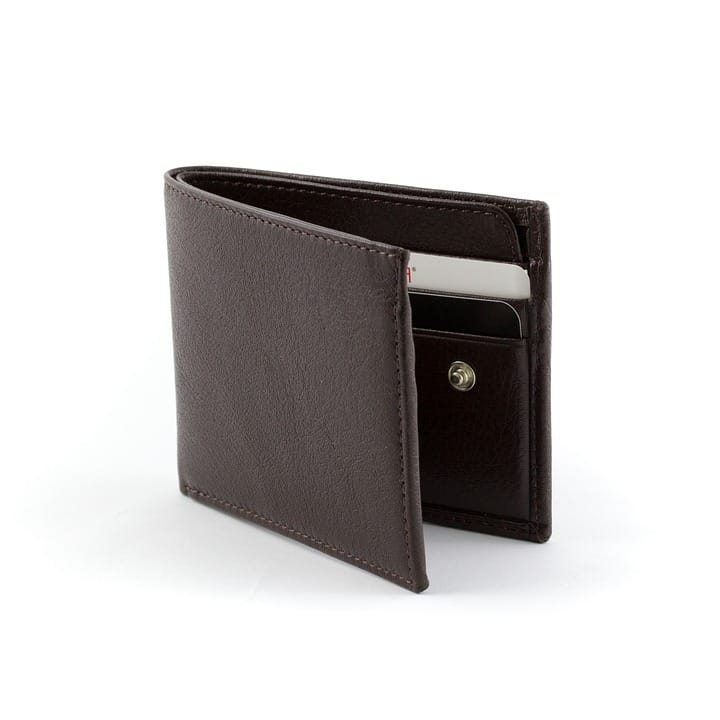Hot Wallet vs. Cold Wallet: Which Crypto Storage Method is Right for You?
As the popularity of cryptocurrency continues to grow, so does the importance of securing your digital assets. Two popular methods of storing cryptocurrency are hot wallets and cold wallets. While both serve the same purpose – to safeguard your crypto – they differ significantly in terms of security, accessibility, and usability. In this article, we’ll delve into the world of hot and cold wallets, exploring the benefits and drawbacks of each, to help you determine which storage method is best for your needs.
What is a Hot Wallet?
A hot wallet is an online wallet that is connected to the internet, allowing you to store, send, and receive cryptocurrency. Hot wallets are often referred to as "online wallets" or "exchange wallets," as they are typically provided by cryptocurrency exchanges or online platforms. Hot wallets are convenient, as they allow for quick and easy access to your cryptocurrency, making them ideal for frequent traders and those who need to make fast transactions.
Benefits of Hot Wallets:
- Convenience: Hot wallets are easy to use and provide fast access to your cryptocurrency, making them perfect for frequent traders.
- Easy to set up: Most hot wallets can be set up quickly, and some even offer instant registration and verification.
- Multi-currency support: Many hot wallets support multiple cryptocurrencies, allowing you to store and manage different assets in one place.
Drawbacks of Hot Wallets:
- Security risks: Hot wallets are connected to the internet, making them vulnerable to hacking and malware attacks.
- Limited control: You may have limited control over the security and management of your cryptocurrency, as it’s stored on a third-party server.
- Centralized: Hot wallets are centralized, meaning they can be shut down or seized by authorities if deemed necessary.
What is a Cold Wallet?
A cold wallet, also known as a hardware wallet, is a physical device that stores your cryptocurrency offline, away from the internet. Cold wallets are often referred to as "physical wallets" or "device wallets," as they are tangible devices that can be stored in a secure location. Cold wallets are considered more secure than hot wallets, as they are not connected to the internet and require manual intervention to access your cryptocurrency.
Benefits of Cold Wallets:
- Maximum security: Cold wallets offer the highest level of security, as they are not connected to the internet and require manual intervention to access your cryptocurrency.
- Full control: With a cold wallet, you have full control over the management and security of your cryptocurrency.
- Portability: Cold wallets are physical devices, allowing you to store and manage your cryptocurrency on-the-go.
Drawbacks of Cold Wallets:
- Higher cost: Cold wallets are generally more expensive than hot wallets, especially high-end devices.
- Limited access: Cold wallets require manual intervention to access your cryptocurrency, making it more challenging to make fast transactions.
- Limited customer support: Cold wallets typically do not offer customer support, as they are self-contained devices.
When to Use a Hot Wallet:
- Frequent traders: If you’re an active trader, a hot wallet is a good option, as it allows for fast and easy access to your cryptocurrency.
- Day traders: Hot wallets are ideal for day traders who need to make frequent trades and require quick access to their cryptocurrency.
- New investors: For new investors, a hot wallet can be a good starting point, as it allows for easy setup and management of their cryptocurrency.
When to Use a Cold Wallet:
- Long-term storage: If you plan to hold your cryptocurrency for an extended period, a cold wallet is a good option, as it provides maximum security and control.
- High-value investments: For high-value investments, a cold wallet is recommended, as it offers the highest level of security and protection.
- Security-conscious users: If you’re concerned about security, a cold wallet is the best option, as it provides an additional layer of protection against hacking and malware attacks.
Conclusion:
When it comes to storing your cryptocurrency, it’s essential to choose the right storage method for your needs. Hot wallets offer convenience and ease of use, making them ideal for frequent traders and those who need fast access to their cryptocurrency. On the other hand, cold wallets provide maximum security and control, making them suitable for long-term storage and high-value investments. Ultimately, the choice between a hot wallet and a cold wallet depends on your cryptocurrency management needs and level of security concern.
Frequently Asked Questions:
Q: What is the difference between a hot wallet and a cold wallet?
A: A hot wallet is an online wallet that is connected to the internet, while a cold wallet is a physical device that stores your cryptocurrency offline.
Q: Is it safe to use a hot wallet?
A: Hot wallets are vulnerable to hacking and malware attacks, making it essential to use a reputable exchange and follow best security practices.
Q: How do I choose the right cold wallet for my needs?
A: Consider factors such as security features, ease of use, and compatibility with your cryptocurrency before choosing a cold wallet.
Q: Can I use both a hot wallet and a cold wallet?
A: Yes, it’s recommended to use both a hot wallet for daily transactions and a cold wallet for long-term storage and security.
Q: Can I transfer my cryptocurrency from a hot wallet to a cold wallet?
A: Yes, most hot wallets allow you to transfer your cryptocurrency to a cold wallet.
By understanding the benefits and drawbacks of hot wallets and cold wallets, you can make an informed decision about which storage method is best for your cryptocurrency management needs. Remember to always prioritize security and follow best practices to protect your digital assets.

Leave a Reply